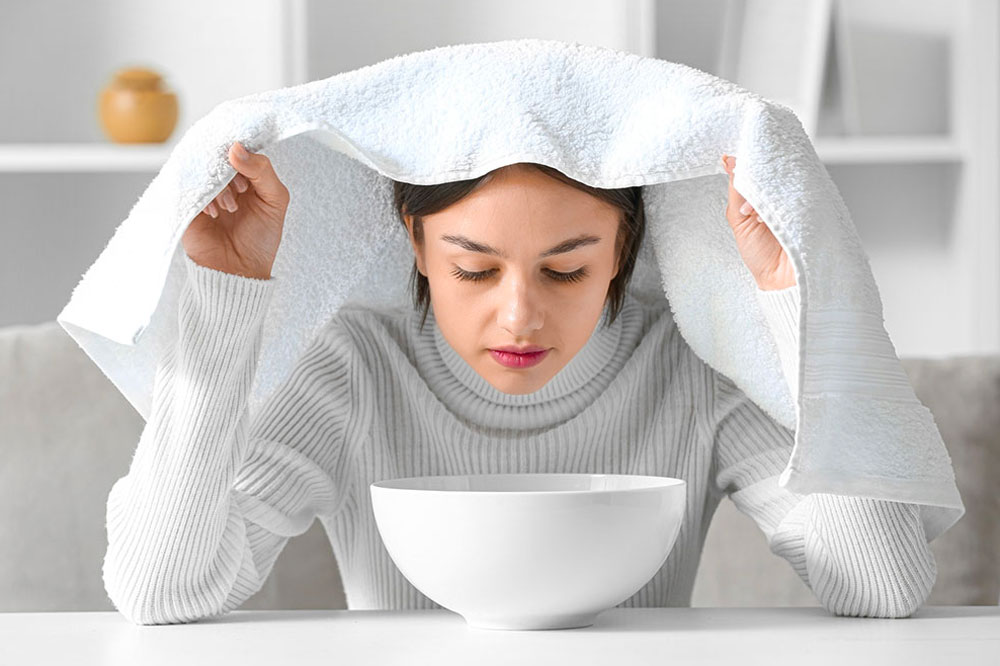Effective Home Strategies to Relieve Eczema-Related Inflammation
Discover natural home remedies to alleviate eczema-related inflammation and manage symptoms effectively. This guide provides practical tips like moisturizing, soothing baths, and identifying triggers to help control flare-ups and keep skin healthy. While no cure exists, these methods support skin healing and prevent irritation. Consistent skin care and awareness of triggers are key to minimizing discomfort and maintaining relief. Consult a healthcare professional for personalized treatment options to ensure safe and effective eczema management.

Natural Remedies to Calm Skin Inflammation from Eczema
Eczema causes patches of itchy, cracked, red, and inflamed skin, sometimes leading to blisters. Affecting a significant portion of Americans, eczema encompasses various skin conditions that induce irritation and inflammation. The most prevalent form is atopic dermatitis, often linked to inherited tendencies to allergic reactions like hay fever or asthma.
Many children experience eczema early on, with 10-20% affected, often outgrowing it by age ten. However, some may have persistent symptoms throughout life. While no cure exists, proper management and treatments can control flare-ups and soothe symptoms.
The exact cause remains unclear, but genetic and environmental factors are believed to play a role, especially if a parent has atopic conditions. When both parents are affected, the risk rises significantly.
Currently, no permanent cure is available. Treatment focuses on healing affected skin and preventing flare-ups, often tailored to individual symptoms, age, and health. Certain home remedies can help prevent skin inflammation and ease discomfort, including:
Taking warm baths regularly
Applying moisturizer within minutes after bathing to lock in moisture
Consistently moisturizing affected areas daily
Wearing soft, breathable cotton clothing
Avoiding rough, tight, or scratchy fabrics
Using gentle soaps or cleansers on affected skin
Drying skin gently with cold air or soft patting—avoid rubbing
Identifying and avoiding triggers like dirt, pollen, sweat, or soil
Keeping nails short to prevent accidental scratching
Since eczema involves reduced oil production, skin becomes less capable of retaining water, leading to dryness and increased risk of irritants and bacteria entering the skin. Several home remedies can help restore moisture and reduce symptoms, such as:
Coconut Oil: Penetrates deeply to restore moisture and prevent dryness. Apply generously to affected areas when needed.
Honey: Known for antimicrobial and anti-inflammatory properties; apply for 15-20 minutes, then rinse with cool water.
Jojoba Oil: A liquid wax with molecular similarity to skin’s natural oils; apply three times daily with gentle massage.
Oatmeal Baths: Contain anti-inflammatory compounds; soaking for 10-15 minutes can significantly reduce itchiness and inflammation.
Cornstarch with Oil: A soothing paste to calm irritated skin—mix with olive oil for added moisture.
While these remedies help manage symptoms, eczema’s persistent nature means ongoing skin care is essential even after symptoms improve. Proper routine care helps prevent future flare-ups and maintains healthy skin.










